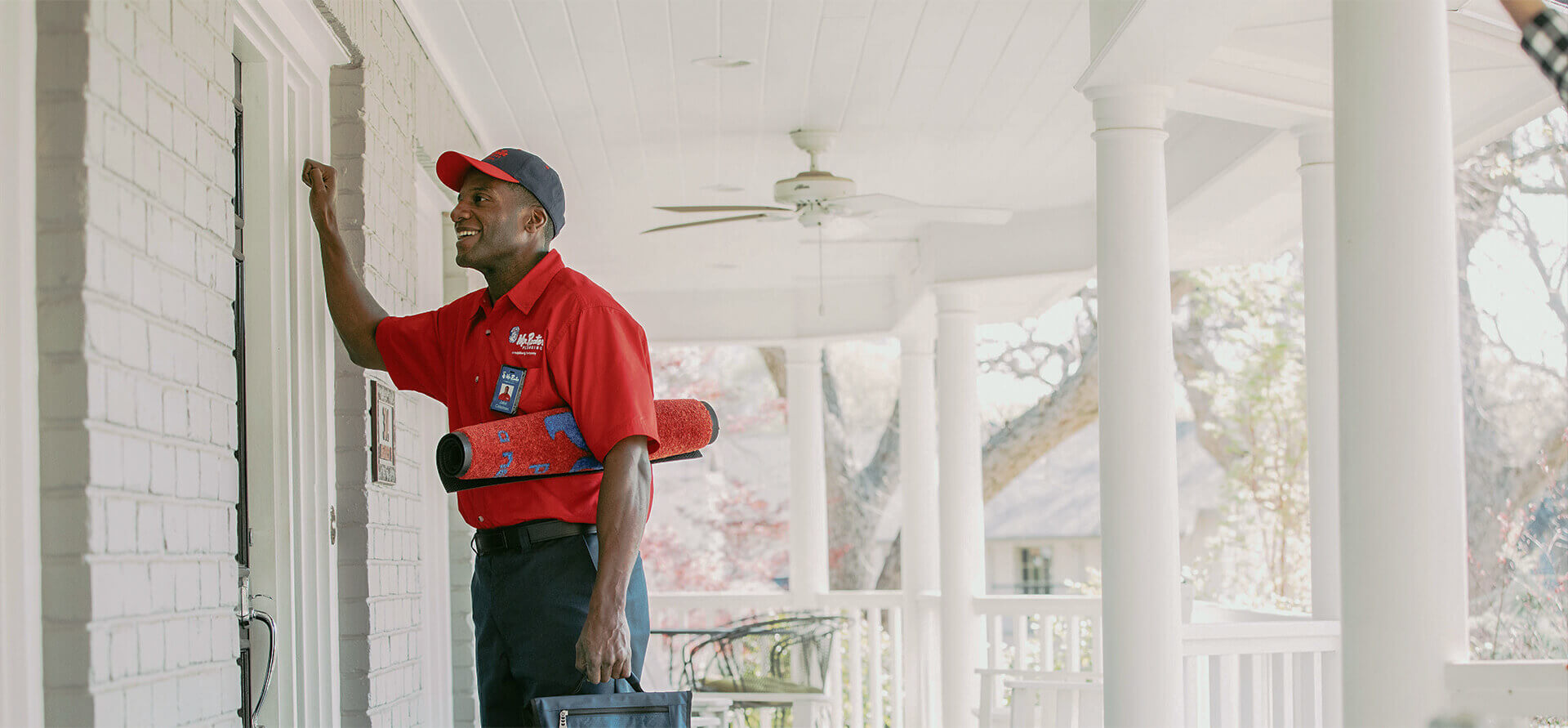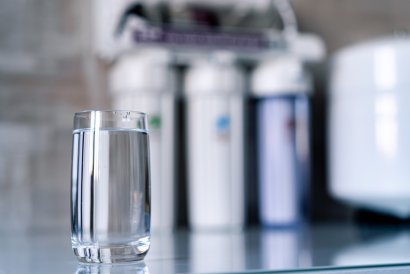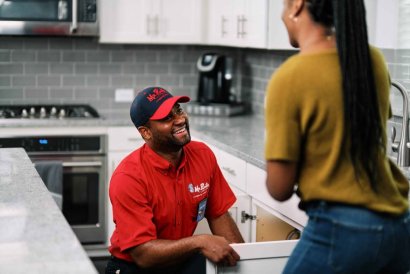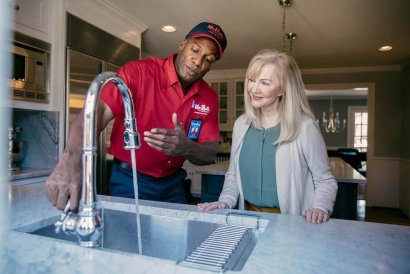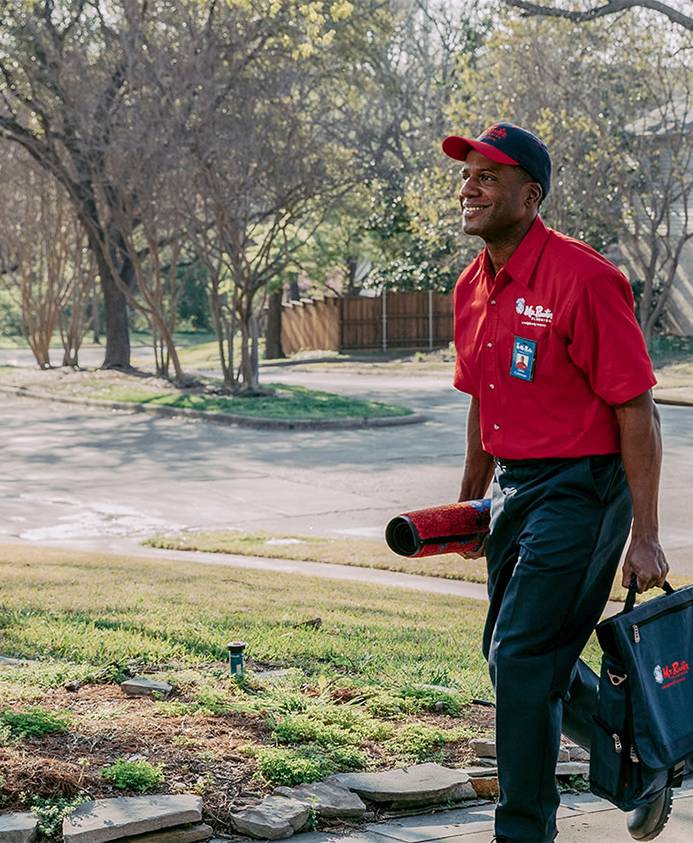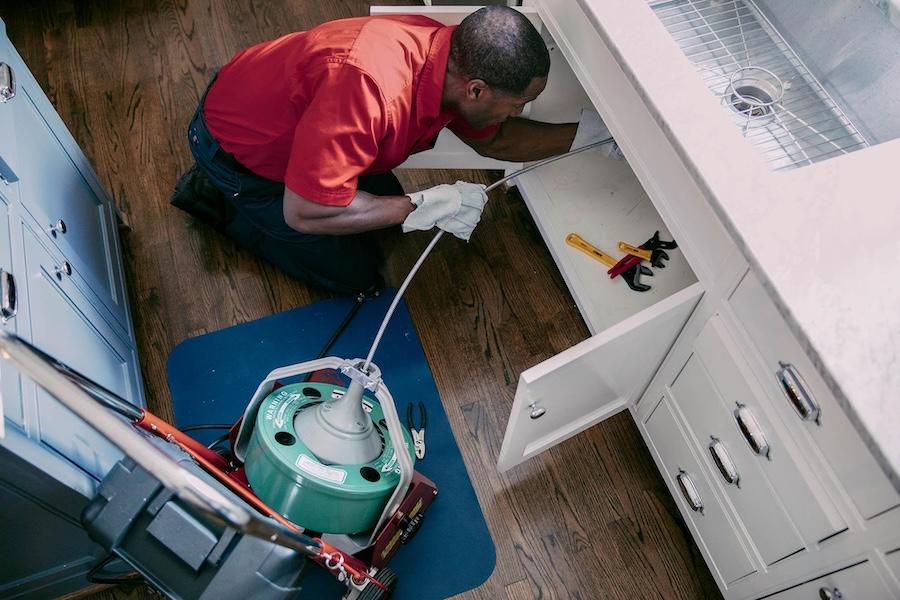Homeowners rarely think about their garage floor drains until a problem arises. While drainage systems can run for many years without showing signs of damage, they endure a lot of abuse. From oil and snow runoff to dog hair and debris, garage drains accumulate a lot of waste over time. If you notice wastewater backup in the garage, call Mr. Rooter Plumbing for professional help. Our highly trained plumbers in Atlantic City, NJ leverage extensive expertise and specialized tools to locate clogs, assess the damage, and recommend effective solutions to restore smooth flow. If you prefer a more hands-on approach, working with a professional can ensure a seamless and safe process.
How to Unclog a Garage Floor Drain
When undertaking a DIY drain cleaning project, ensure you have all the supplies and a basic understanding of plumbing maintenance. As mentioned, garage drains endure a lot of abuse. To clear buildup and water flow require a pair of rubber gloves, a bucket, flashlight, plunger, baking soda, white vinegar, and boiling water. In the case of a stubborn clog, a plumber’s snake can get the job done.
Use the flashlight to look inside the drain and with your gloves, remove as much as you can. Scoop the waste and place it in a bucket to avoid contamination and other hazards. If you reach inside the drain and your hands come up empty, run water to see if the problem is resolved. A persistent clog may require more effective solutions, so grab the plunger and place it securely over the garage drain before thrusting it several times.
Plunging is ideal for minor clogs, but stubborn blockages can cause stress and inconveniences. If you attempt plunging unsuccessfully, pour half a cup of baking soda and a similar amount of vinegar. Let the mixture sit for 30 minutes before pouring hot water down the drain. These natural ingredients can break down most clogs, making them effective for DIY projects.
It is not likely that baking soda and vinegar won't work. However, use a drain auger or snake to break and push or pull the waste if these natural ingredients fail. This process requires expertise to clear waste without causing damage to the pipes. With that in mind, working with a emergency plumber in South Jersey area is crucial to ensure long-lasting results.
What Causes Clogged Garage Floor Drains
Now that you know how to unclog a garage floor drain, knowing the common causes can help you keep your plumbing in top shape. Let’s delve into some of the causes to help you act quickly.
Blocked Sewer Lines
The garage drain is usually the lowest point in most homes, making it susceptible to overflows when the main sewer line clogs. This is particularly the case for homes without basements, leading to bubbling toilets and gurgling tubs if left unattended. The best way to avoid such issues is to hire a professional plumbing repair service for routine inspections, addressing minor signs of damage before they worsen.
Frozen Drain Pipe
Another cause of clogged garage floor drains is frozen drain pipes. Ice can form further down your drainage system during winter, obstructing water flow and causing backups. You may need to insulate your pipes as a long-term preventive measure since frequent thawing can cause pipe bursts and leaks. Not to mention these openings allow dirt and debris to enter the piping and wreak havoc in the future.
Professional Plumbing Repair Services
At Mr. Rooter Plumbing, we understand the inconveniences clogs cause and provide comprehensive drain cleaning services to restore comfort and functionality. Contact us today and schedule a consultation with our experts to keep your garage floor drain clog-free and smooth-flowing for many years to come.


